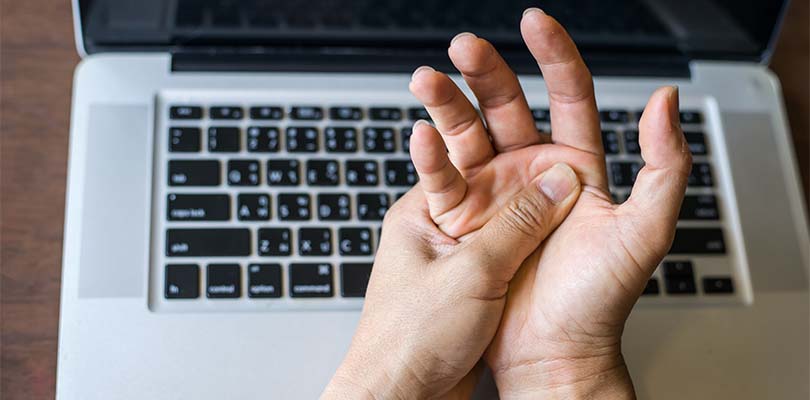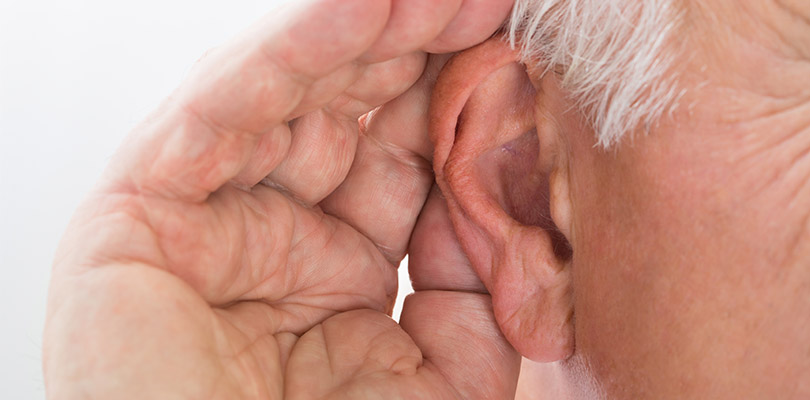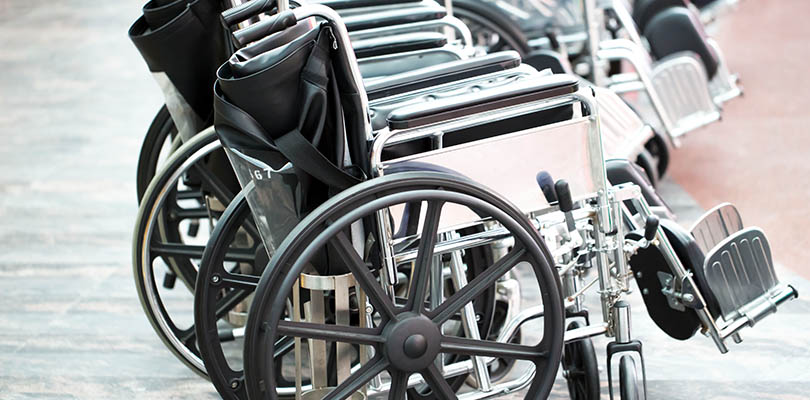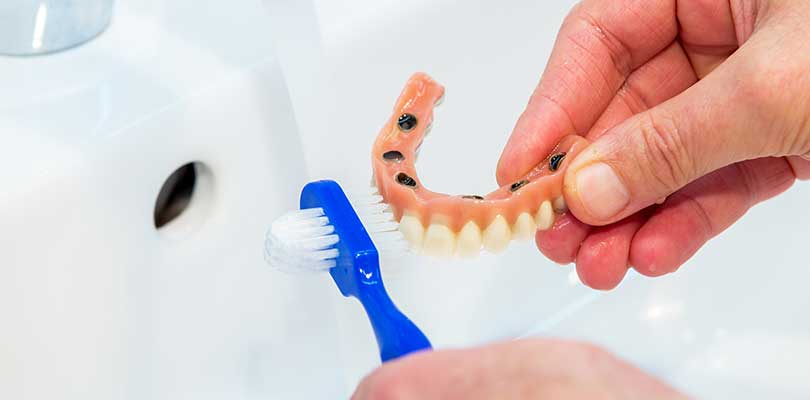Convenience and Motivation in a Little Package
Having evolved from the humble pedometer, fitness trackers may now track heart rate, steps taken, exercise type, exercise intensity, distance travelled, calories burned, skin temperature, perspiration, or sleep patterns — all to help you maintain or improve your health.
Many fitness trackers also have functions to set goals and select training programs, as well as tracking weight, mood, and dietary intake. Most have idle alerts, give reminders for achieving goals, and offer rewards for achieving streaks and meeting milestones.
They also have wireless connectivity to mobile devices, enabling you to access data and performance analysis. With your tracker, you can also connect to the internet for social networking and for participating in team goals and competitions.
Approximately 14 million people were wearing fitness tracker devices in 2011— this number is expected to increase to 171 million by 2016.
Not only can they enable you to improve your fitness levels, they are also predicted to become the way of the future in disease management and health promotion. Doctors are reporting that patients want to incorporate the data into their medical health assessments, and health professionals are looking at using fitness trackers to monitor patient progress in disease and following surgery.
Whatever your age and whether your goal is to lose weight, monitor your health, increase your fitness level, or train for a specific event, there are many reasons why you should consider getting a fitness tracker:
1. They Improve Your Health
With idle alert monitors and reminders, they put fitness at the forefront of your mind. They get you moving.
In one study of 51 post-menopausal women, fitness trackers increased physical activity on average by 38 minutes per week. Any increase in physical activity is beneficial; increased physical activity reduces blood pressure, improves thinking, reduces stress, depression and social anxiety, and keeps you mobile for longer with ageing.
Also, following surgery or a setback, physical activity leads to a more rapid and more complete recovery. In comparison, physical inactivity increases the risk of cardiovascular disease, stroke, and metabolic disease (diabetes, for example) and reduces life expectancy.
Why are you so emotional? It can be really hard to tell, so take practical steps to assess your physical and mental wellbeing.






